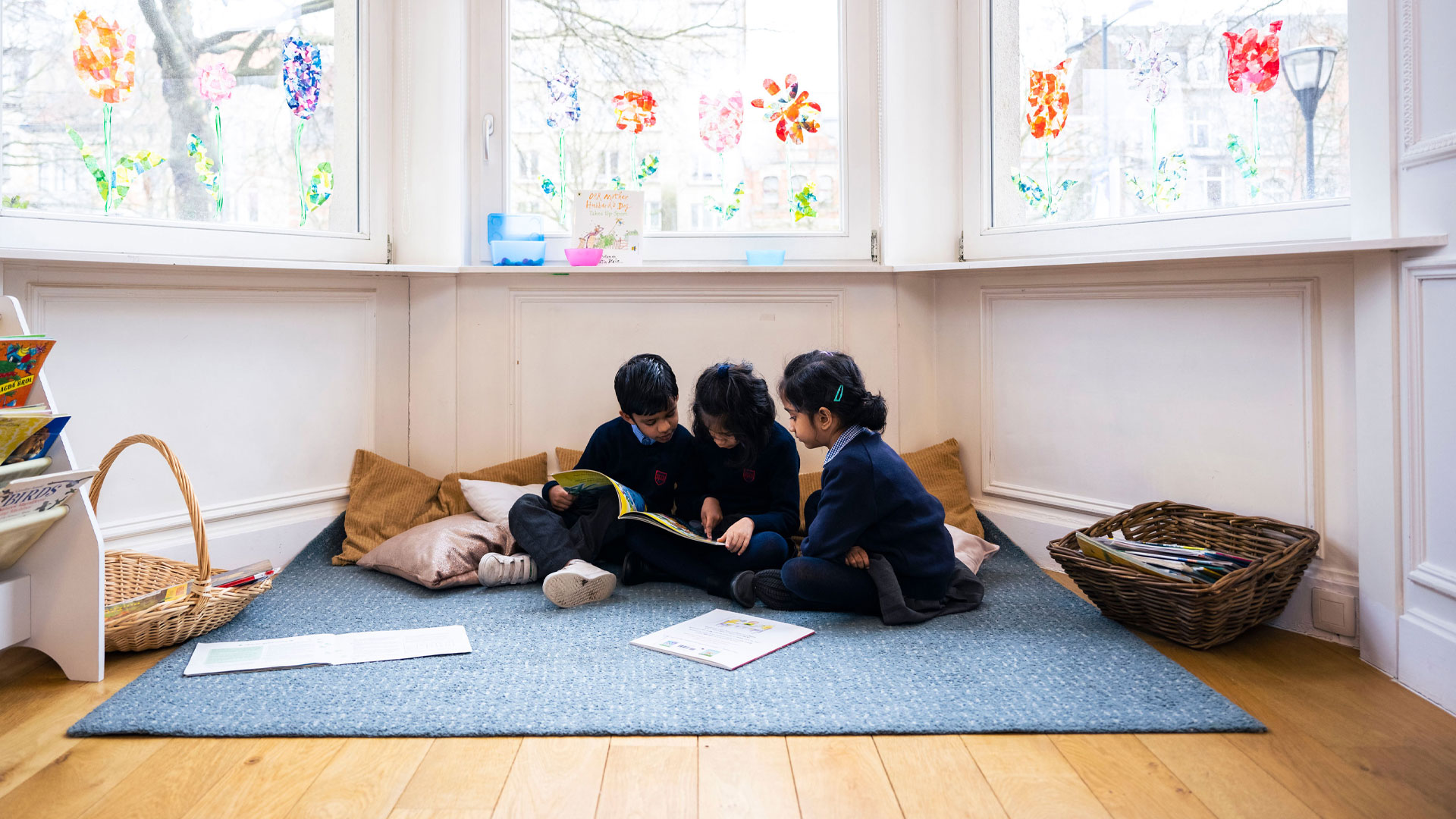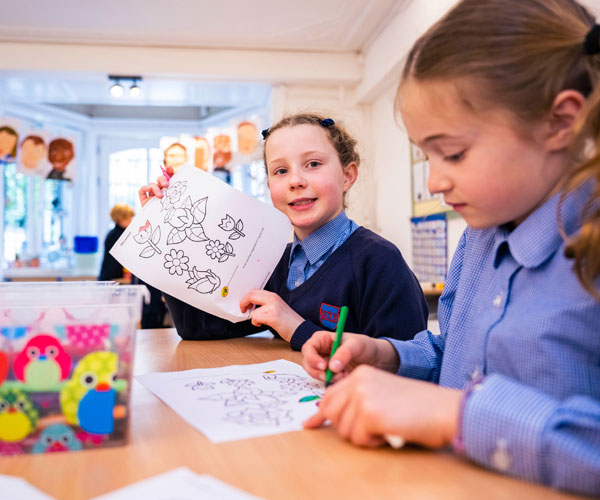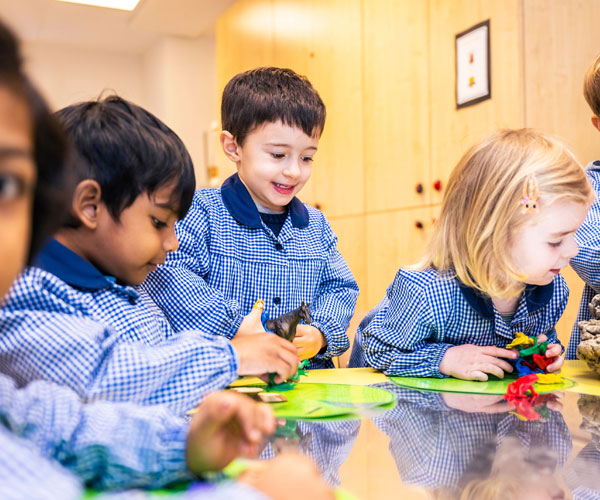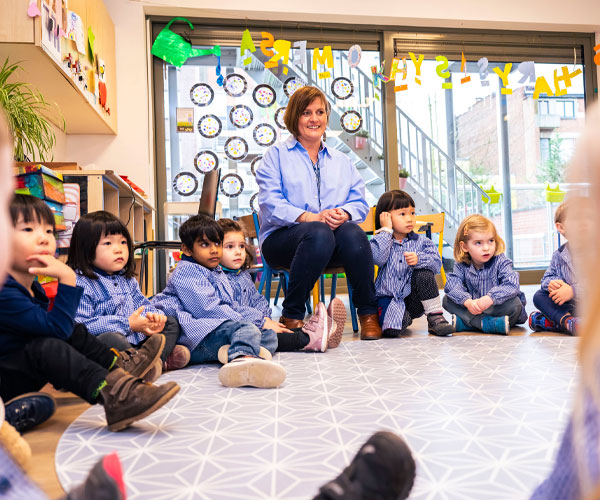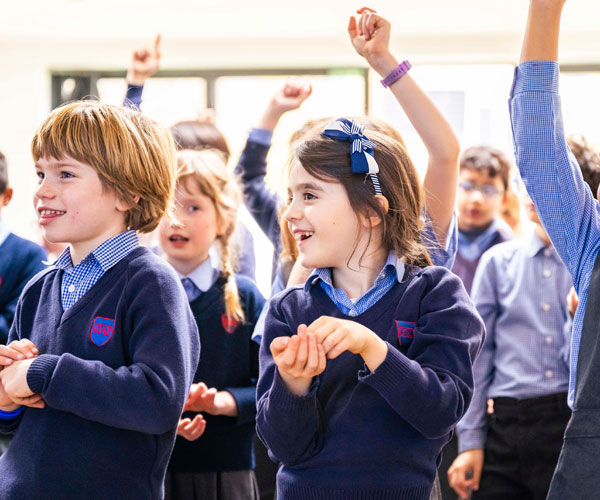Pre-Prep
At BJAB, our Pre-Prep section for children 5-9 is guided by the National Curriculum for England, tailored to our unique school context to provide an exceptional learning experience for our students.
Our bespoke adaptation has been developed with the local context in mind and offers pupils the opportunity to connect with the Belgian outlook, while still maintaining an international view that honors the varied cultural backgrounds of our pupils.
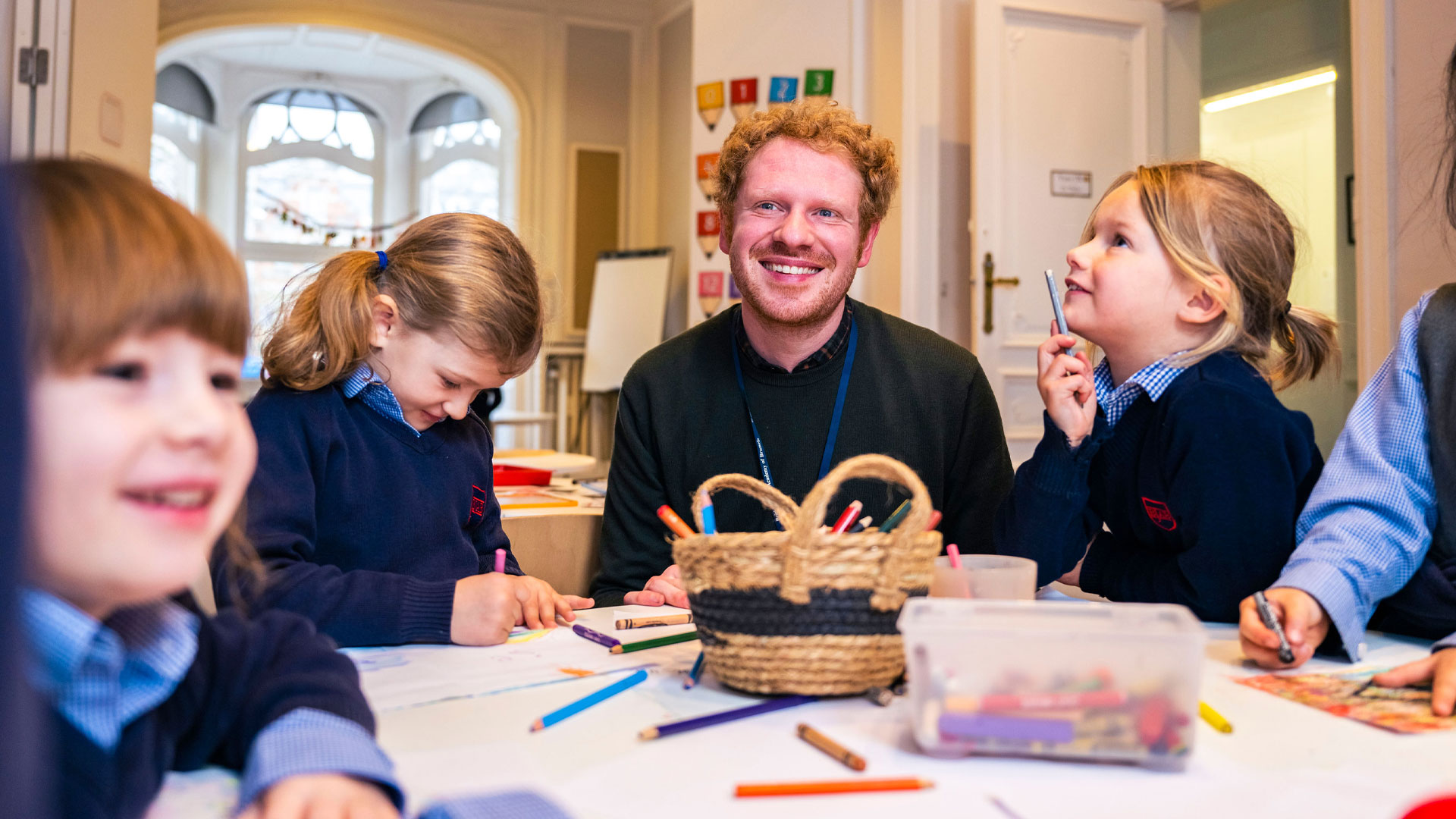
We believe that a balanced approach is essential, which is why we provide a broad and varied curriculum that encompasses all subjects. Our curriculum is designed to support students in their academic and personal growth, helping them to develop the skills and knowledge they need to succeed both in and out of the classroom.
With a focus on innovation, creativity, and critical thinking, pupils will become lifelong learners who are equipped to face the challenges of the future with confidence and resilience.
Pre-Prep Curriculum
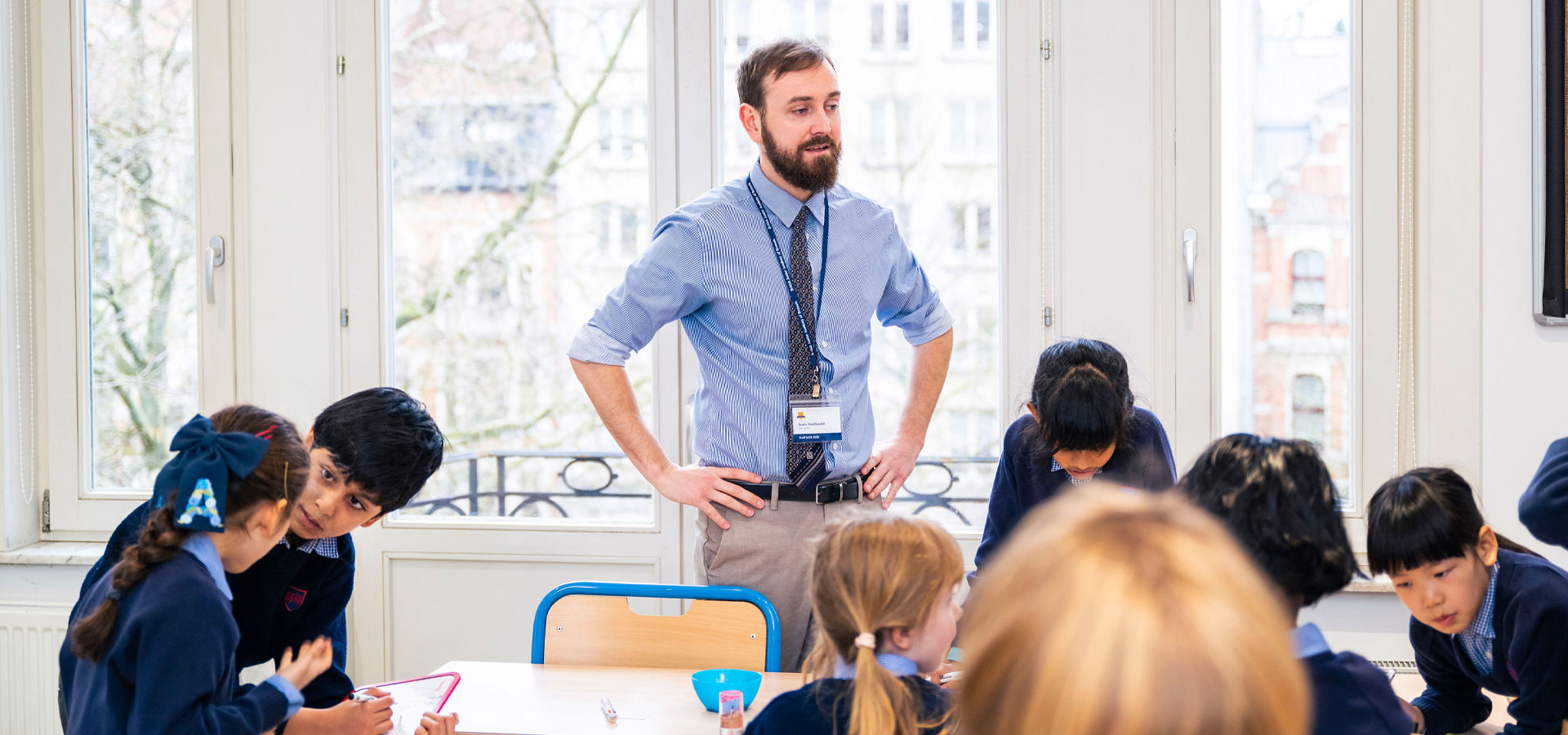
The curriculum is taught in English by experienced UK-qualified teachers and specialist support is given to children for whom English is not their first language.
Core Subjects
In Key Stage 1 (Years 1 and 2) and Key Stage 2 (Years 3 and 4), our curriculum is comprised of core subjects, including English, Mathematics, Science, Physical Education, Art, Music, and PSHE (Personal, Social and Health Education).
Project Learning and Pupil Development
Our pupils engage in project-based learning to explore the foundation subjects of Computing, Design and Technology, Geography, and History. Children at BJAB are also taught French unless they require extra English language support.
Teachers produce schemes of work each term detailing the areas of the curriculum to be covered and what topics will be used to devise interesting and inspiring activities and lessons. There are regular opportunities to meet with teachers and discuss pupil progress, ensuring a global view of each pupil’s development. Classes are kept small at BJAB with a very generous teacher/student ratio of 1:16.
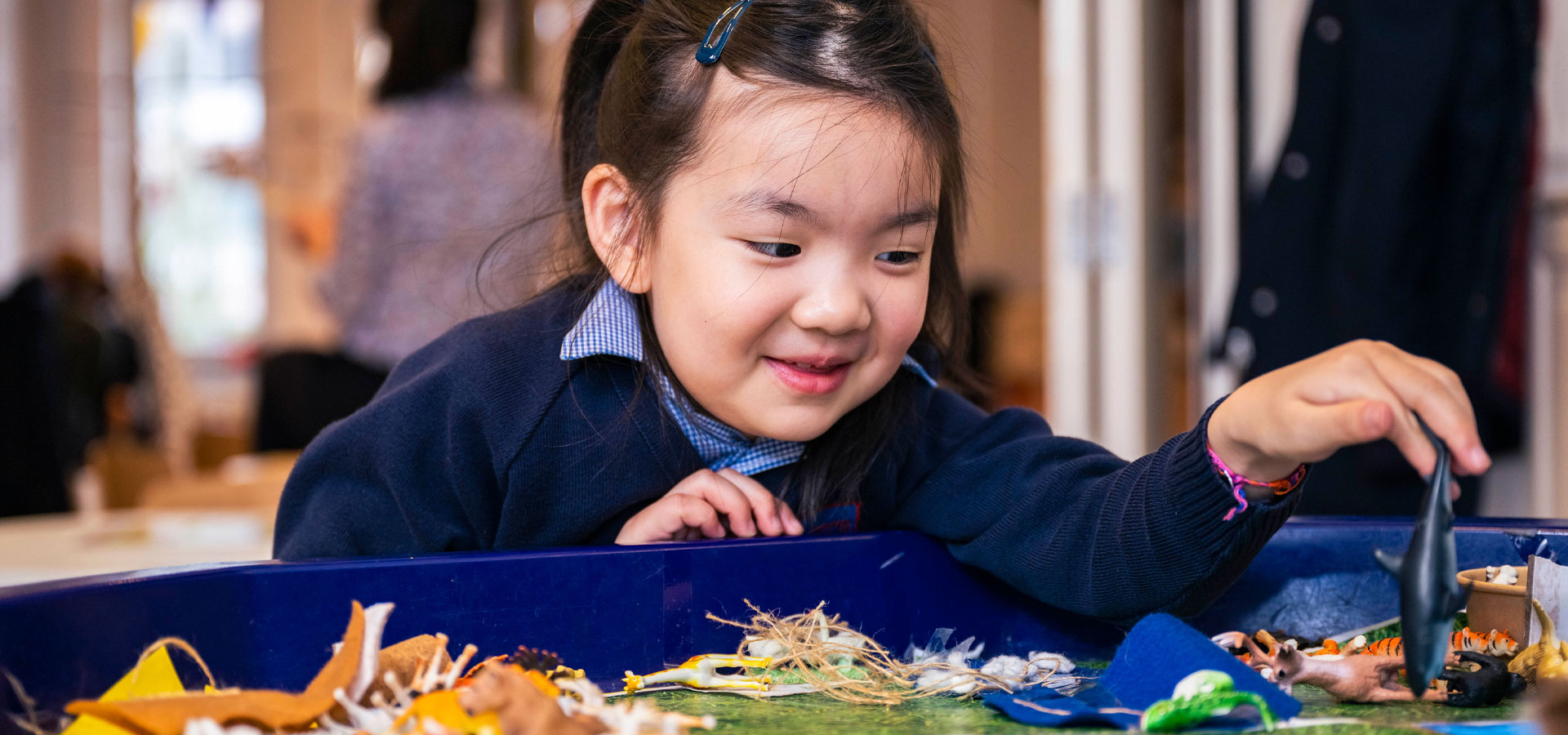
Our Approach
Children with experience of other school systems will adapt well to BJAB’s approach. Likewise, children are expertly prepared to progress to all other international curricula, such as IB, Cambridge, and the Belgian and French systems. Our standardised assessments are internationally recognised and respected.
A Day at the Pre-Prep School
The schedule below reflects a sample day for one of our Lower Key Stage 2 classes. Timetables change each year and are provided to parents at the start of the school year.
| 8:00 | Arrival at school & settling in to class |
|---|---|
| 8:30 | French language lesson |
| 9:30 | Mathematics |
| 10:30 | Snack in class |
| 10:45 | Morning playtime (on the playground) |
| 11:00 | English |
| 12:00 | Project-based learning |
| 1:00 | Lunch (in the Sunshine Gym) |
| 1:30 | Afternoon playtime (on the playground) |
| 2:00 | Project-based learning |
| 3:00 | Visit to the school library |
| 3:20 | Dismissal |
| 3:30 – 6:00 | Garderie service available |

